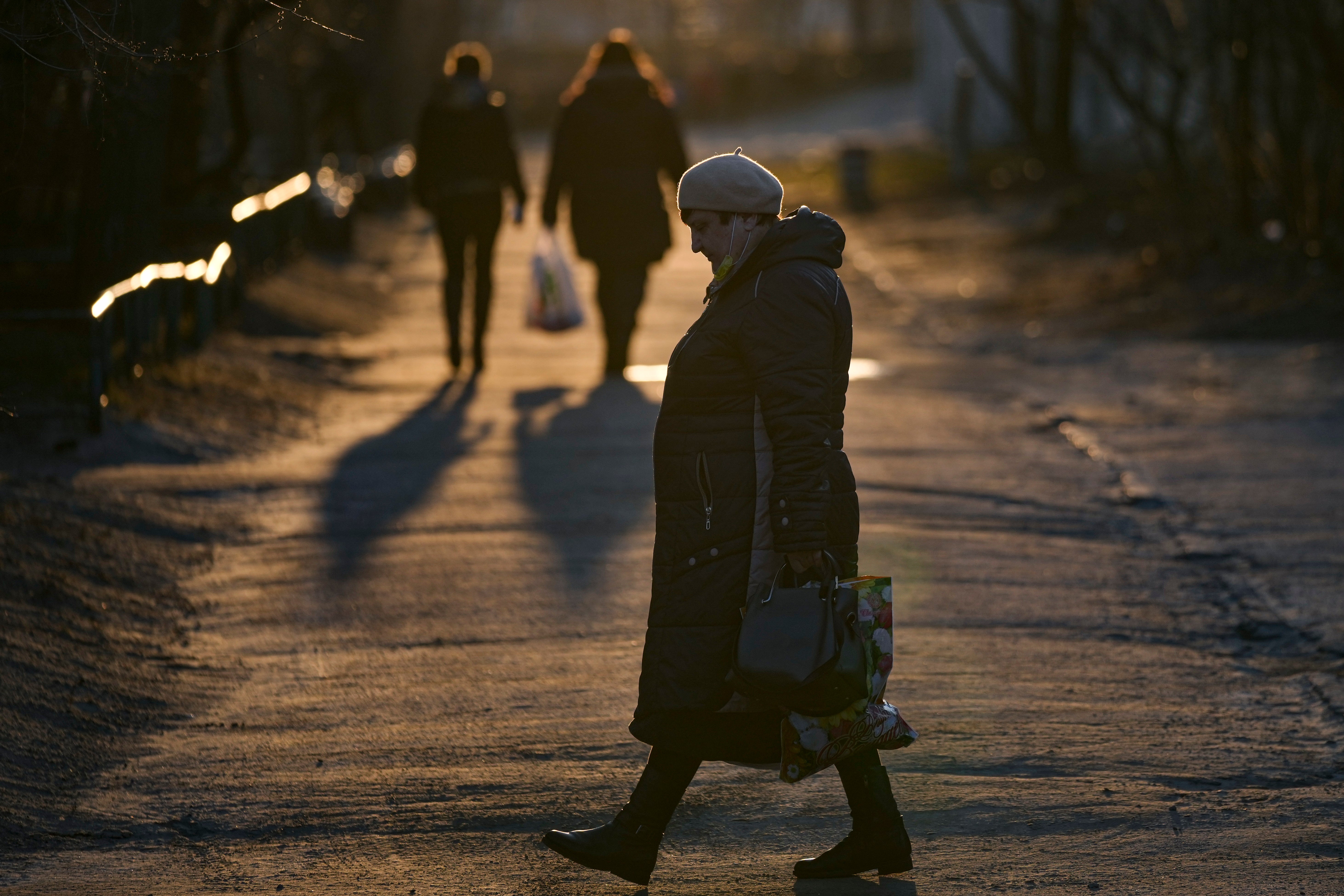Will the UK and allies avoid division over sanctions against Russia on Ukraine?
Talks are being held to avoid giving Putin the gift of divisions among his enemies as Andrew Grice explains


Boris Johnson told MPs on Wednesday that the first round of sanctions against Russia would hurt, adding: “It is vital that, after this first barrage, we work in lockstep with friends and allies around the world to squeeze him simultaneously in London, Paris and New York.”
So far, western allies are moving at broadly the same speed even if they opt for different measures. Downing Street said: “We are sanctioning financial institutions in the UK that the EU is not.” It insisted that people should look at the “whole package” coordinated by Nato allies.
Intense talks are being held to try to avoid handing Vladimir Putin what he craves and has often exploited in the past– divisions among his enemies. But inevitably there are tensions behind the scenes. These will likely grow as the pain of sanctions emerges, such as higher energy or petrol prices, for which leaders including Mr Johnson have done little to prepare their people.
UK ministers portray Mr Johnson as leading the charge for tough measures and suggest he has been held back by the EU. “We can only go as far as our allies,” one minister argued. But such claims were thrown into doubt when the UK’s initial list of sanctions was dismissed as “feeble” by several Tory MPs.
The prime minister has long argued that Brexit would allow the UK to be more nimble on sanctions now it no longer needs to wait for the slowest member of the EU convoy. Yet in the Ukraine crisis, the overriding need is to maintain unity with the US and EU.
There are strains inside the EU, too. So far, Ursula von der Leyen, the European Commission president, has managed to broker a common front, dispelling the fears of countries most exposed to sanctions –including France, Germany, Italy, the Netherlands and Austria. Poland wants a tough line but Hungary’s prime minister Viktor Orban, who has strong ties with Mr Putin, has warned sanctions will do more damage to its economy than Russia’s. However, the EU’s quick agreement on its first wave of sanctions might be harder to maintain if the crisis deepens.
Inside the UK government, there is a recognition that Mr Johnson will need to go further and faster, and a hope that the UK will remain broadly on the same page as its allies. As one source put it: “We have got to hold it together on sanctions. Domestic public opinion will demand that we do something to help the Ukrainian people. We are not going to take military action in Ukraine, so sanctions are all we have got. We have to make them work.”



Join our commenting forum
Join thought-provoking conversations, follow other Independent readers and see their replies
Comments